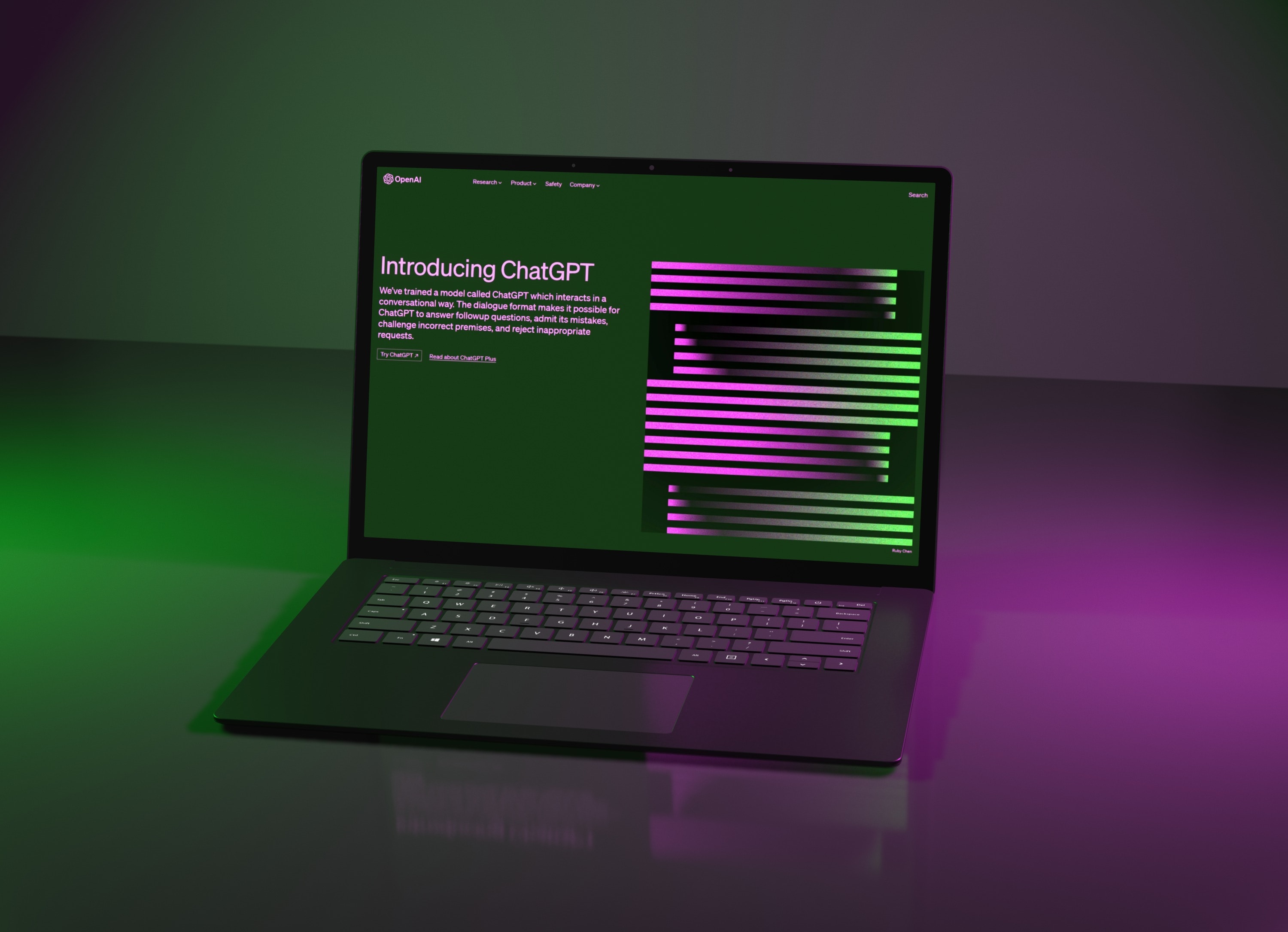The UOC takes part in DLBCN 2024, an annual Barcelona event focusing on AI and deep learning
This Barcelona-based symposium, being held for the sixth time, will bring together leading international figures in deep learning, a field in which the 2024 Nobel Prizes in Physics and Chemistry were awarded
La Salle - Ramon Llull University (URL) will host the sixth Deep Learning Barcelona Symposium (DLBCN), an international event focusing on deep learning, on Thursday 19 December. The event, which is organized by a consortium of researchers from university research centres including the UOC's eHealth Center and from Catalonia's industrial fabric, will once again bring together world leaders working in the field of deep neural networks, one of the key areas of the AI tech revolution.
From the UOC, participants include the eHealth Center researchers Àgata Lapedriza and Carles Ventura, who are members of the scientific organizing committee. The eHealth Center is also sponsoring the event. La Salle-URL takes over as the venue for the symposium, following last year's event hosted by the UOC and attended by more than 300 people.
Deep learning is the main field within AI, and has been responsible for the major technological breakthroughs of recent years. Deep learning lies behind internationally successful products such as ChatGPT, which has led to an exponential increase in public interest in this area of data science.
From Barcelona to the world
The Deep Learning Barcelona Symposium focuses on research into deep neural networks, and brings together world-class researchers who carry out their research in Barcelona or were educated at universities in the Catalan capital and now work in other countries. The event will feature 25 talks and 60 posters from research groups in Spain and from foreign universities, including the Swiss Federal Technology Institute of Lausanne (EPFL) and Stanford University, and from world-renowned companies including DeepMind, Amazon, and Apple.
The keynote speaker will be the chemist Noelia Ferruz, who works at the Centre for Genomic Regulation and has been awarded one of the European Research Council's prestigious Starting Grants for 2024. For the first time, the keynote speech will not focus on traditional computing applications such as computer vision or natural language processing, but will instead focus on how deep learning is impacting the discovery of new drugs. This expansion is in line with the award of the 2024 Nobel Prizes in Physics and Chemistry to scientists who were pioneers in deep learning.
DLBCN 2024 is also seeking to increase its dissemination, to explain how AI works to the public and inviting young talent to train in the field. With this in mind, the communications team at Neurones Fregides will be producing videos and interviews that will be posted on the symposium's new Instagram channel @dlbcn.ai, which joins the scientific and English-language channels of @dlbcnai on X and Bluesky. Finally, the organizers have also launched a podcast in English, which is generated automatically based on the scientific publications presented at the event.
The event is being sponsored by Meta, Apple, Google, Crisalix, the ELLIS Barcelona network, AstraZeneca, ZeroError and the UOC's eHealth Center. It is organized by scientists from Amazon, La Salle-URL, Apple, the Computer Vision Center at the Universitat Autònoma de Barcelona, Meta, Pompeu Fabra University, Sony AI, the University of Barcelona, AstraZeneca, the Universitat Politècnica de Catalunya, Mila - Quebec AI Institute, the Universitat Oberta de Catalunya, and Telefónica.
UOC R&I
The UOC's research and innovation (R&I) is helping overcome pressing challenges faced by global societies in the 21st century by studying interactions between technology and human & social sciences with a specific focus on the network society, e-learning and e-health.
Over 500 researchers and more than 50 research groups work in the UOC's seven faculties, its eLearning Research programme and its two research centres: the Internet Interdisciplinary Institute (IN3) and the eHealth Center (eHC).
The university also develops online learning innovations at its eLearning Innovation Center (eLinC), as well as UOC community entrepreneurship and knowledge transfer via the Hubbik platform.
Open knowledge and the goals of the United Nations 2030 Agenda for Sustainable Development serve as strategic pillars for the UOC's teaching, research and innovation. More information: research.uoc.edu.
Experts UOC
Press contact
-
Anna Sánchez-Juárez

